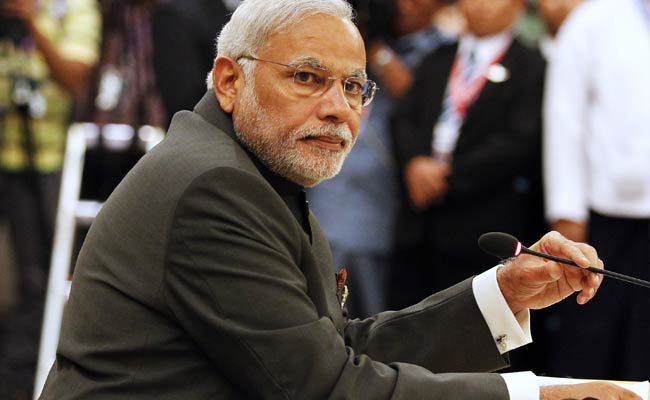
Prime Minister Narendra Modi's reform agenda suffered a major blow on Thursday when the Monsoon Session of Parliament ended without approving the biggest ever tax reform for India.
Here are the 10 latest developments on this big political story:
Sources say the government is likely to call a special five-day session of Parliament starting August 31 in an attempt to push through the Goods and Services Tax (GST) Bill. Finance Minister Arun Jaitley said today he does not wish yet to reveal the government's strategy.
The proposal creates a national sales tax to subsume a complicated network of central and state levies, a chaotic structure that inflates costs. Supporters say GST will add up to two percentage points to economic growth and boost domestic trade while creating a unified national market.
The GST was passed in May by the Lower House or Lok Sabha, where the government has a huge majority. But it has been stalled in the Rajya Sabha, where the government and its allies are in a minority.
Delays in the passage of the GST Bill will make it tougher for the government to meet a self-imposed deadline of next April for its launch.
The PM has the option of calling a special sitting of Parliament to pass the Bill before the next scheduled session in winter. But that would be pointless unless the Congress agrees to a debate and vote on the bill.
After Parliament sanctions the GST, it must be approved by half of India's states.
The Congress says it will continue disruptions within and outside Parliament demanding the resignation of three of the PM's colleagues, including Foreign Minister Sushma Swaraj.
The GST is considered low-hanging fruit among free-market reforms as it has rare bipartisan support. The Bill was first introduced by the Congress when it was in power, but the party has now opposed it, describing it as neither simple nor comprehensive.
Political opposition has already forced the government to abandon new rules it had suggested for how industry can acquire farmland. The changes to existing laws were seen as necessary for reviving stalled projects worth billions of dollars and for creating vital infrastructure and industrial corridors.
Top Indian tycoons on Wednesday appealed to feuding lawmakers to shed differences and approve the GST which intends to cut red tape and make it easier to move goods and services around the country.

